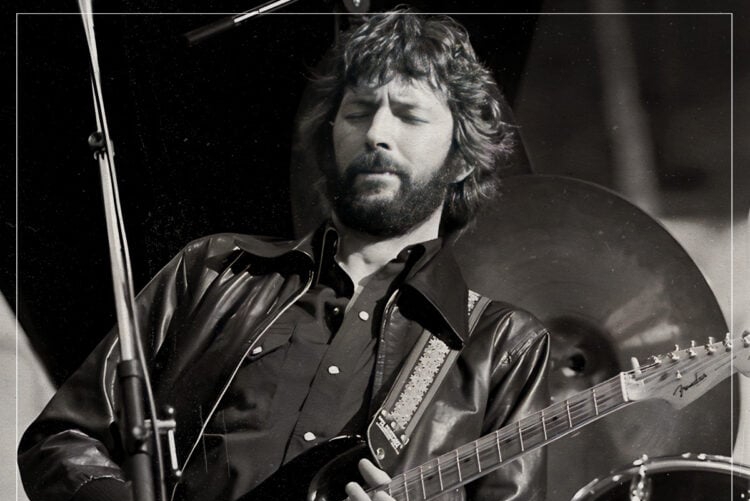Discover the story behind the Beatles song Eric Clapton turned down. George Harrison offered it to Clapton for his Journeyman album, but it was eventually used in Lethal Weapon 2—and how this decision impacted both musicians’ careers.
Any musician who has ever dabbled in rock music dreams of collaborating with a Beatle. The legendary Fab Four set the gold standard for iconic rock acts, so working with any of them is considered a milestone. Yet, the Beatles’ individual careers took a different turn, especially when it came to collaborations with close friends.
Throughout the 1970s, while Paul McCartney formed Wings and John Lennon sought his authentic voice with Yoko Ono, George Harrison preferred solitude. As the quieter member of the group, Harrison struggled with the spotlight. He was content working with a massive band, but despite occasional disputes with Eric Clapton, they often collaborated through music like All Things Must Pass.
By the 1980s, both Harrison and Clapton had gone separate ways, with Clapton focusing on blues and Harrison experimenting with pop sounds. When it was time to write new material, Harrison recalled offering Clapton a song he had penned for his Journeyman album. However, Clapton turned it down, stating, “There’s a song here, when Eric was doing the Journeyman album, and I wrote this song for him, but he didn’t use it.”
At the time, Clapton was busy working on music for Lethal Weapon 2 with composer Michael Kamen. But Harrison’s song caught the attention of the film’s director, Dick Donner, who wanted it for the movie. Clapton, uninterested, declined, and Harrison ended up recording it himself.
Though Clapton was already moving toward a more mainstream, soft sound with his Unplugged album, this track could have been the perfect bridge into that territory. Eventually, Clapton chose Harrison’s Run So Far, but Cheer Down became one of Harrison’s last notable contributions, a light and breezy tune that matched his later career philosophy.
